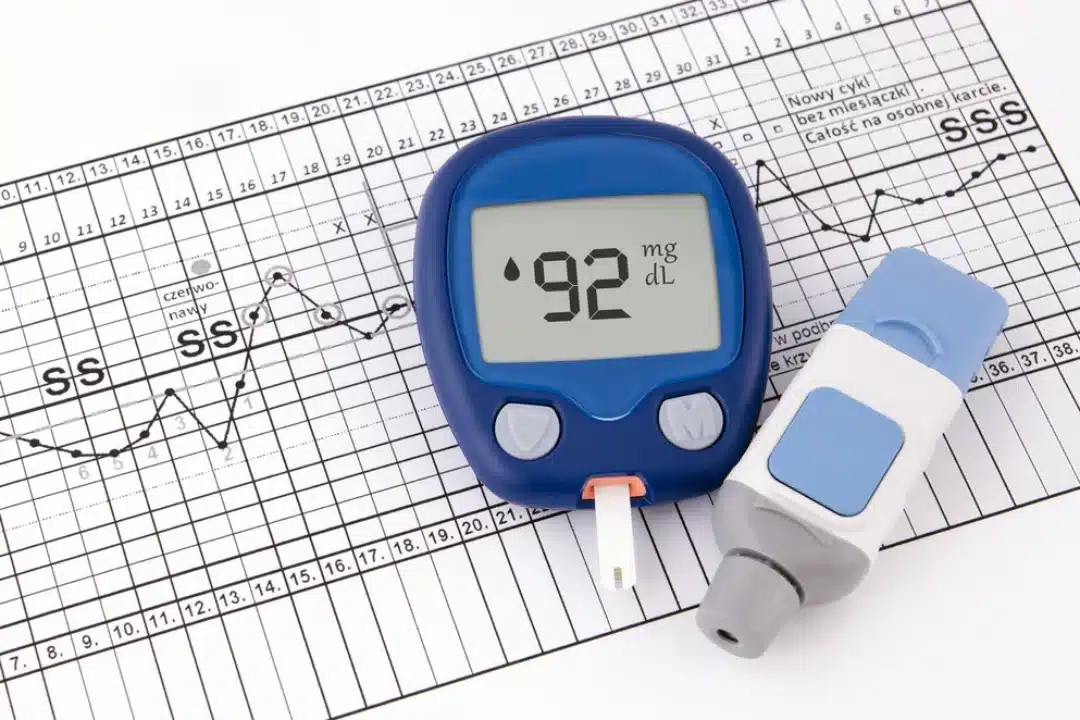
Gestational diabetes mellitus, or GDM for short, is a type of diabetes that occurs during pregnancy and typically diagnosed during the 2nd half of your pregnancy via an oral glucose tolerance test (OGTT).
The OGTT is a series of blood tests (usually done between 24 to 28 weeks of pregnancy) that is first performed after you have fasted, and is then repeated 1 and 2 hours after you drink a sweet drink with a fixed sugar content.
The diagnosis of GDM is ascertained if your blood sugar levels remain persistently high in any of your serial blood tests. Thankfully, the majority of pregnant women who get diagnosed with GDM do have resolution of this condition after delivery.
Risk factors of GDM include;
Although having one or more of these risk factors does not necessarily mean that a woman will develop GDM, this condition remains very common in Singapore, with 1 in 5
[1] pregnant women being afflicted by it.
Hence, it is common practice in Singapore to universally screen for GDM in all pregnant mothers so that the condition can be diagnosed and managed on a timely basis.
Under normal circumstances, insulin (a hormone) is made by the pancreas and utilizes blood sugar for the body.
During pregnancy, your body undergoes some physiological changes that result in insulin resistance - this causes your cells to be less effective in using insulin. This in turn leads to high blood sugar levels.

Majority of pregnant women with GDM have no specific symptoms or warning signs of their condition, which makes universal screening all the more important.
Occasionally, if the blood sugar levels are extremely high, some women may experience increased thirst and frequent urination, fatigue and hunger - however, some of these may overlap with common symptoms that pregnant women experience in general, so it is vital to check in with your obstetrician if you are experiencing any of these.
Majority of women with GDM will go on to have successful pregnancies with healthy babies, particularly if their GDM is well controlled. Good control of GDM is typically achieved by:
It is important to keep blood sugar levels within a target range (this applies to both pre- and post-meal readings) to prevent high blood sugar levels to minimize the risk of pregnancy complications, and you will likely require more frequent antenatal visits and ultrasound scans to check on the well-being of the baby.
Whilst the majority of pregnant women will be able to control their GDM simply through the combination of healthy eating and exercise, some women may require additional help in the form of medication.
Depending on the severity of the condition, this may require the input of an endocrinologist (diabetes specialist) for titration of either oral medications or insulin injections to keep your BSP values stable - the medications prescribed will be safe for your pregnancy and it is extremely important to be compliant with the outlined treatment plan to ensure good pregnancy outcomes.
Poorly controlled GDM can expose the mother and child to pregnancy complications, such as;
Even though GDM resolves in most women following childbirth, women with a history of GDM still remain at an overall higher risk of developing type 2 diabetes mellitus later on in life as compared to the baseline population, and it is advisable you keep to a healthy lifestyle with regular screening for diabetes as you get older. It may also be necessary for you to be screened for diabetes at the start of your subsequent pregnancies.
You may not be able to prevent GDM if you have a genetic predisposition to it, but ways to reduce the risk of developing GDM include the following:
Do you have any questions regarding your pregnancy? Feel free to contact me.
https://www.healthhub.sg/live-healthy/1606/gestational-diabetes-what-you-need-to-know